Published on April 30, 2025, by Aroon George
Patience Matters Today
This world is full of frustration and anger. Patience in life’s lessons is rare in our daily lives, and many people are struggling to maintain peace and understand others. Some are facing personal struggles. In this article, I will tell you how to use patience in daily life. I use “zoom in” and “zoom out” techniques to help you understand patience better.
Patience will help you develop in life. Patience gives you a chance to avoid conflict, and conflicts absorb our time and energy—even our entire lives. They give us different kinds of diseases and can even leave people financially broken. So patience gives us a chance to be successful and happy. Let’s explore more by reading this article.
Zoom Out: Society’s Challenges
Patience allows us to see the bigger picture of modern challenges, helping us respond thoughtfully rather than react impulsively.
Inflation’s Financial Burden
Today, rising prices of items make our lives harder. People are losing patience and becoming patients of depression. Patience in life’s lessons can stop you from becoming a patient—it can give you the power to understand how to stay away from financial burden.
Job Scarcity Issues
Today, population is a big threat to the growing world and nations. Today, job seekers can be found everywhere. We need more businesses and factories, but this is not a permanent solution. People want to work for low wages, and patience can help us get jobs and do business in these hard times.
Relationship Challenges
Modern society often prioritizes material goods over relationships, causing breakups and strained marriages. We do not believe in others and we do not rely on them—long relationships are rare. The modern world does not focus on this, but you and I can do it. We can believe in ourselves and others through patience. It can help us rebuild long-term relationships with understanding.
Global Conflicts and Mental Health
Today, we are living in a world of war that brings us anxiety. Even small fights and conflicts in relationships make people sick. Patience saves us from taking part in any war and conflicts. Today we need patience to develop a strong mind, and a strong mind helps us develop a strong life.
Ineffective Government Policies
People believe in government—that it will change people’s lives and give them a better and advanced life. But people do not get good results, and this hopeless condition makes people disappointed. Patience gives us a chance to keep silent and not rely on government. Self-development is more important than anything.
Zoom In: Understanding Individuals
Zoom in helps us to see patience more deeply and individually, like in a picture when we zoom in to focus on our subject and do not include other surroundings.
Anger and Personality
Some people become angry very quickly, but patience helps us to keep calm and composed. It can change and mold personality. We can learn how to control our anger, how to keep peace, and live a happy life.
Cultural and Value Differences
Culture shapes values and behaviors through family, religion, and traditions. Patience allows us to respect diverse perspectives. It helps us to live with others without any differences. People become one, and we can live with others. We accept our point of view and against perceptions of people.
Environmental Impact
We live with the personalities and behaviors of people. Patience helps us to live with others beautifully and live peacefully ourselves. You can get impacted by others and give impact to others. Patience makes us beautiful. Do not give triggers of emotions to others. Control your emotions and be patient. People get angry—it is their problem. You need to just keep calm.
Language and Expression
People’s words and tone reveal their thoughts. Patience in listening to their communication style helps us understand their mindset and emotions. Patience gives time to observe others and their deeds, and how to move with others. Those people who are good observers can understand others easily.
Emotional Management
Some people control their emotions, while others are controlled by them. Patience allows us to observe our own emotions and others’. If you control your emotions, you can control everything. Try to live a beautiful life with patience. Without it, life cannot move smoothly. Mental health and IQ affect how people think and react. Patience helps us understand their cognitive and emotional states, fostering meaningful connections. You can understand more deeply.
Intent and Relationships
Intent reflects values and commitment. Patience reveals whether someone’s actions align with their priorities, strengthening trust in relationships. If you know how to read others, you will perform better. For a better and successful life, you have to live with strong intent and understanding. You can easily know your intent if you live an honest life and better life.
Social Awareness
Views on social issues show a person’s values. Patience encourages us to listen to their perspectives, promoting constructive dialogue. If dialogue is not stopped, everything will not be destroyed. When you speak and do not break relationships, you will win the hearts of others. Today making friends and relationships means making a better life.
Educational Growth
Education drives personal development. Patience supports lifelong learning, helping individuals adapt to challenges and grow. Patience helps to keep curiosity and creativity. People try to find a new world in this world. People build a world in this world. Patience always helps to develop and grow a better life.
Financial Stability
Managing finances reflects discipline. Patience in financial planning leads to stability, reducing stress in other life areas. Those people who are rich have patience. They have patience to build business and bear losses and then get profits.
Goals and Motivation
Clear goals provide purpose. Patience keeps individuals focused on their aspirations, leading people to fulfilling lives. Keeping the way to get goals is not an easy task. Patience helps us to get goals and aims easily.
Patience as the Ultimate Lesson
Patience in life’s lessons is the key to understanding others and ourselves. In a fast-paced world, practicing patience conserves energy, focuses emotions, and leads to better decisions. By zooming out to see societal challenges and zooming in to understand individuals, patience fosters empathy, growth, and connection. Apply these tips to navigate life’s complexities with wisdom and calm.
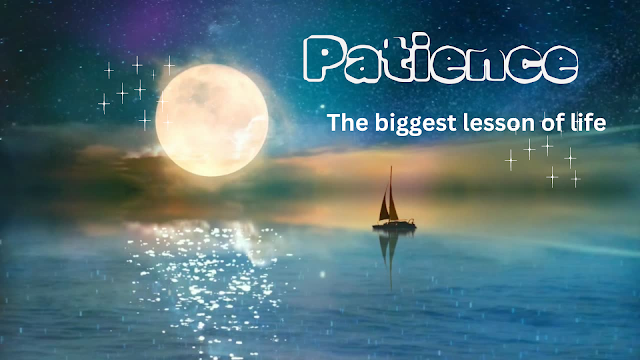
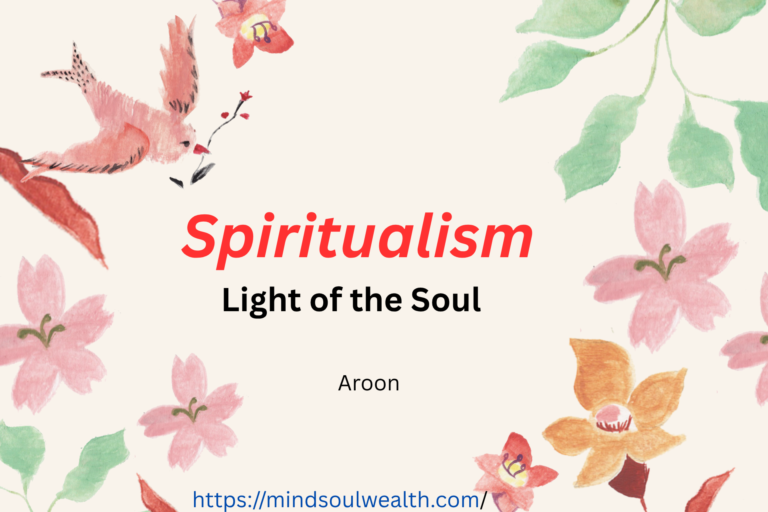
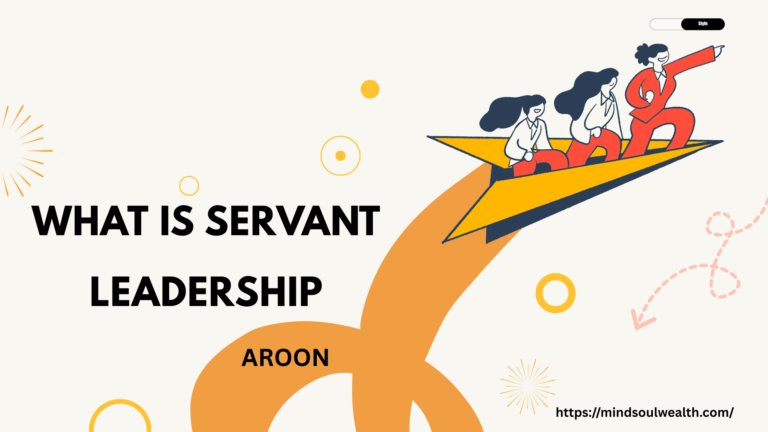
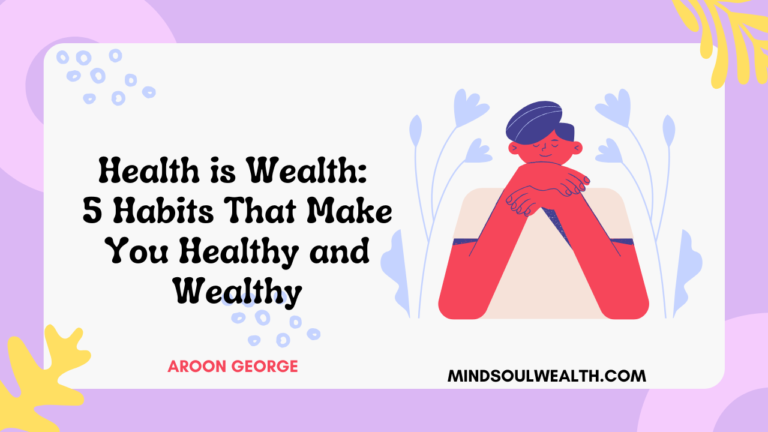


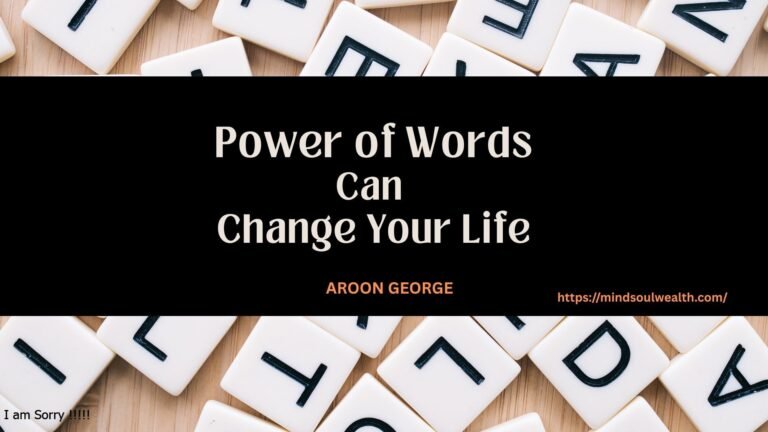
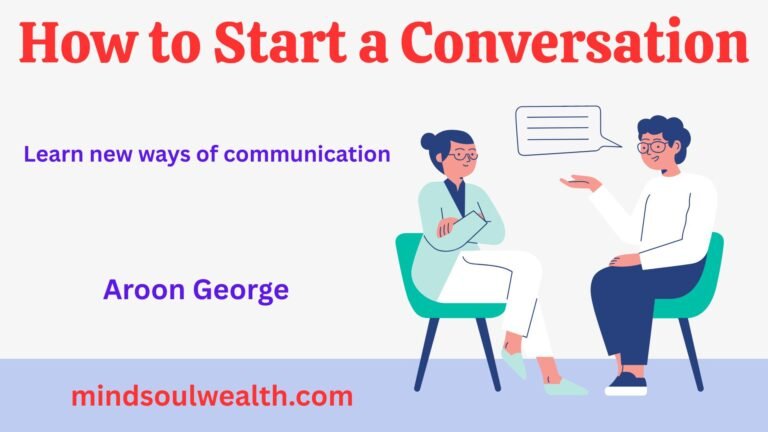
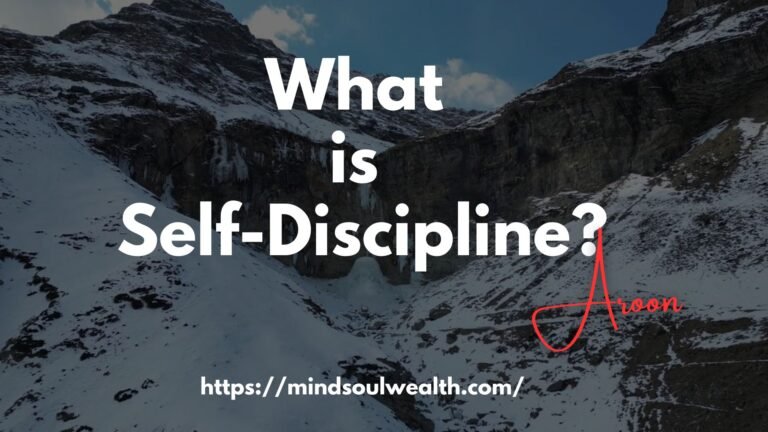
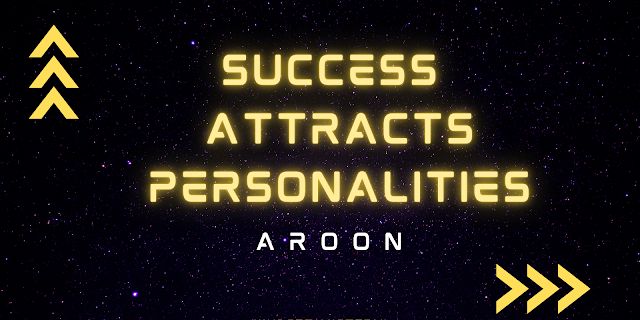

The idea of “zooming out” and “zooming in” is fascinating—it’s like a mental lens to better understand the world and people. I agree that patience is crucial, especially in such a fast-paced and often frustrating environment. It’s interesting how you pointed out that sensible people might be struggling more—I’ve never thought about it that way, but it makes sense. Do you think this lack of patience is a modern issue, or has it always been a challenge for humans? I also wonder if there’s a balance between being patient and not letting others take advantage of that patience. Your perspective on treating others thoughtfully is refreshing, but I’d love to hear more about how we can encourage this mindset in others. What steps can we take to foster more awareness and kindness in society?
Thank you for such a thoughtful comment! I agree—the “zoom out and zoom in” idea really helps us build a more balanced understanding of the world and people. Regarding your question: I believe patience has always been a challenge, but modern life—with its speed, pressure, and constant distractions—has magnified that challenge. As for not letting others take advantage of our patience, I think the key is conscious patience—being kind and understanding while also knowing when to set boundaries. Encouraging this mindset in others starts with living it ourselves, having open conversations, and showing through example how patience and awareness can lead to better relationships and decisions.
It’s fascinating how the text highlights the importance of patience and understanding in a world that often lacks both. The idea of “zooming out” to see the bigger picture and “zooming in” to understand individuals is thought-provoking. I wonder, though, how practical it is to maintain patience when faced with constant frustration. The emphasis on treating others with awareness is crucial, but isn’t it equally important to set boundaries? Do you think society’s lack of patience is a result of modern life’s pace, or is it a deeper issue? I’d love to hear your thoughts on how we can balance understanding others while protecting our own well-being. What’s your take on the idea that sensible people are the ones struggling the most?
Thanks for sharing your reflections! You’re absolutely right—maintaining patience in a world full of daily frustrations is no easy task. That’s why I see patience not as passive tolerance, but as a powerful inner strength. Setting healthy boundaries is actually part of practicing patience wisely. Regarding the root of this impatience, I believe it’s both a modern issue and a deep human struggle—we’ve always battled it, but now it’s intensified. To balance patience and self-protection, we can start by developing self-awareness—knowing when to give and when to say no. Small actions like listening fully, pausing before reacting, and showing empathy can gradually build a kinder, more aware society.
This text really makes you think about how we interact with others in such a fast-paced world. The idea of “zooming out” to see the bigger picture and “zooming in” to understand individuals is so insightful—it’s like a mental tool we all need. I agree that patience is key, but it’s also true that it’s hard to practice when everyone seems to be in a rush. Do you think this lack of patience is a modern issue, or has it always been this way? I also wonder if there’s a risk of being too patient—like, could it make us passive or let others take advantage? The suggestion to treat others thoughtfully is great, but how do we actually encourage this mindset in people who don’t see the value in it? What steps can we take to make society more aware and kind? I’d love to hear your thoughts on this!
I appreciate your insight—it’s encouraging to see how the “zoom in/zoom out” lens resonates with you. You raised an important point about the danger of being too patient. Yes, if patience turns into inaction, it can be harmful. That’s why we need balanced patience—not passive endurance, but active reflection. As for spreading this mindset, I believe change starts with modeling behavior. When people see that patience leads to peace, clarity, and better decisions, they’re more likely to adopt it. Schools, families, and workplaces can all help foster this by encouraging emotional intelligence, thoughtful discussion, and mindfulness practices.
It’s fascinating how the text highlights the importance of patience and understanding in a world that often lacks both. The idea of “zooming out” to see the bigger picture and “zooming in” to understand individuals on a personal level is a powerful approach. I agree that sensible people might struggle more in today’s world, as they’re likely more aware of its complexities. However, I wonder if this struggle is unique to our modern era or if it’s a timeless human challenge. The emphasis on patience is crucial, but how do we ensure it doesn’t turn into passivity or allow others to take advantage? I’d love to hear more about practical ways to encourage this mindset in others. What specific actions or habits can we adopt to foster more awareness and kindness in our daily interactions? Your perspective is thought-provoking, and I’m curious to know how you’ve applied these ideas in your own life.
Thank you again for your thoughtful engagement! You’re right—many sensible people do seem to struggle more because they’re deeply aware of the world’s chaos. Is it a new challenge? Not entirely. But today’s global pressures—social media, economic stress, information overload—make it harder to stay grounded. Preventing patience from becoming passivity is about staying purposeful: being calm but not detached, kind but not naive. To encourage this mindset, we can promote habits like journaling, self-check-ins, active listening, and volunteering—practices that build awareness, compassion, and connection. Personally, I try to “zoom in” during conversations and “zoom out” when life feels overwhelming. That dual awareness helps me respond with intention rather than reaction.